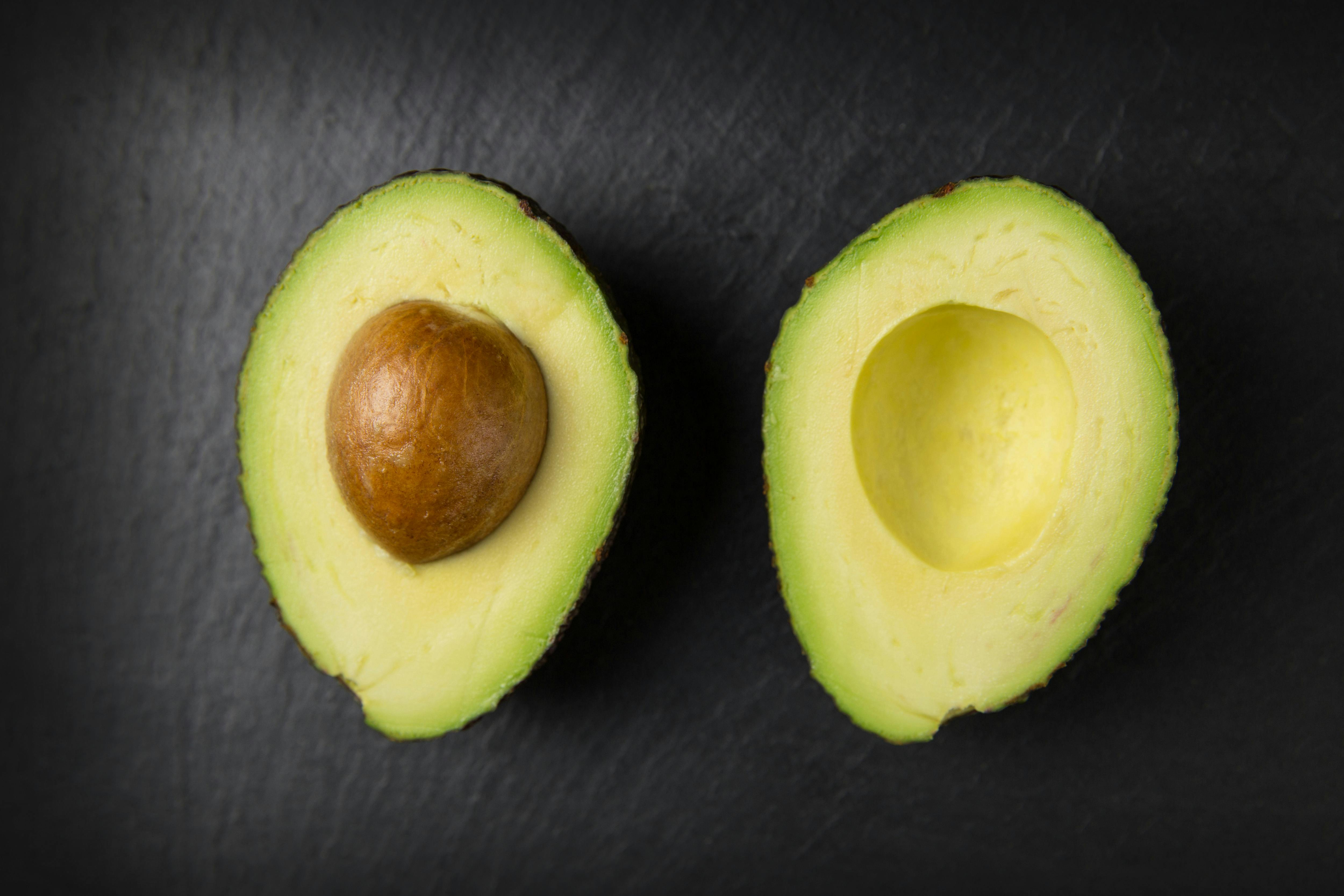Smart Ways to Optimize Your 1-3 Month Pregnancy Diet in 2025

Smart Guide to 1 to 3 Month Pregnancy Diet Chart: Essential Foods for Healthy Moms in 2025
Embarking on the journey of motherhood is both exciting and challenging, especially when it comes to maintaining a balanced and healthy pregnancy diet. The first trimester is crucial for both the mother and the developing baby. Proper nutrition can promote fetal development and ensure the mother remains healthy and energetic. This article outlines essential dietary guidelines for the first three months of pregnancy, addressing key nutrients involved and practical meal planning tips to enhance well-being.


Essential Nutrients for Pregnancy
During the early stages of pregnancy, certain nutrients become increasingly critical for fetal development. Pregnant women must focus on consuming a variety of foods rich in essential vitamins and minerals.
Folic Acid Benefits
Folic acid is a vital B vitamin that dramatically reduces the risk of neural tube defects in unborn babies. Women are advised to consume around 600 micrograms of folate daily during the first trimester. Foods rich in folate include leafy greens, legumes, and fortified cereals. Additionally, taking prenatal vitamins that contain folic acid is recommended to meet the increased needs during pregnancy.
Importance of Iron-Rich Foods
Iron is crucial for preventing anemia in pregnant women, especially during the first trimester when blood volume increases. Good sources of iron include red meat, poultry, fish, lentils, beans, and fortified cereals. Pairing iron-rich plant foods with sources of vitamin C, like oranges or bell peppers, enhances the body’s ability to absorb iron more effectively.
Calcium Sources for Bone Health
Calcium plays a significant role in the development of the baby's bones and teeth. Pregnant women should aim for at least 1,000 mg of calcium daily. Dairy products, such as yogurt and cheese, are excellent sources, while fortified plant milks offer alternatives for those following a vegetarian or dairy-free diet. Including almonds, broccoli, and tofu can also contribute to calcium intake.
Balanced Diet for Pregnancy
Creating a balanced pregnancy meal plan is essential to ensure both the mother and baby receive adequate nutrition. A well-planned diet should include a variety of food groups to achieve optimal health.
Whole Grains in the Pregnancy Diet
Whole grains are an important component of a balanced pregnancy diet. Not only do they provide energy, but they are also rich in fiber, which helps prevent constipation, a common issue during pregnancy. Brown rice, quinoa, whole wheat bread, and oats are excellent choices that also contribute necessary nutrients like B vitamins and iron.
Protein Sources for Pregnant Women
Protein is essential for the growth of fetal tissues, including the brain. Pregnant women should focus on incorporating high-quality protein sources into their diets. Options include lean meats, fish, eggs, beans, and legumes. It's equally worthwhile to seek out safe, low-mercury fish, such as salmon and sardines, as they can provide beneficial omega-3 fatty acids.
Healthy Snacks for Pregnancy
Healthy snacks are a great way to keep energy levels up throughout the day. Pregnant women can benefit from snacks that provide both nutrition and satiety. Nut butter on whole grain toast, Greek yogurt with fresh fruit, or vegetable sticks with hummus are all nutrient-dense options that can help manage cravings effectively.
Managing Cravings and Food Aversions
Cravings and aversions are common during pregnancy, making it vital to find ways to eat healthy despite personal preferences. Understanding emotional and physical changes can assist women in making better dietary choices.
Handling Food Aversions
Some women may find that certain foods they previously enjoyed become unappealing. It's important to adapt and find alternative sources of key nutrients. For example, if meat becomes unappetizing, focusing on legumes and beans for protein can help meet dietary needs. Furthermore, keeping the diet versatile allows for maintaining nutrient intake.
Foods to Avoid in First Trimester
Expectant mothers should avoid specific foods that could pose risks during pregnancy. These include unpasteurized dairy products, certain seafood high in mercury, and processed meats. Familiarizing oneself with the **pregnancy food safety** guidelines can prevent health concerns while ensuring a balanced diet.
Meal Prep Tips for Pregnant Women
Meal prepping can be a powerful tool for maintaining a healthy diet during pregnancy. Preparing meals in advance prevents hasty decisions during busy days. Focusing on batch-cooking nutrient-dense dishes, like soups or stews filled with vegetables, can ensure that good diets are both achievable and convenient. Setting aside dedicated time each week for meal prep can greatly alleviate stress associated with daily cooking.
Hydration During Pregnancy
Staying hydrated is crucial for all pregnancies. Increased blood volume and the body's heightened demands require pregnant women to drink adequate fluids.
Best Beverages for Pregnant Women
Water should be the primary beverage of choice during pregnancy. Herbal teas can also provide hydration while offering a dose of calm and relaxation. However, it’s essential to ensure that teas are caffeine-free and safe for pregnancy. Additionally, fresh fruit juices can be consumed but should be in moderation because of their sugar content.
Avoiding Caffeine and Sugary Drinks
While small amounts of caffeine may be acceptable, excessive intake can lead to complications. Moreover, sugary beverages can contribute to unhealthy weight gain and should be limited. Encouraging healthier beverage options supports both the mother's health and fetal development.
Key Takeaways
- A focus on essential nutrients such as folic acid, iron, and calcium is crucial during the first trimester.
- Planning a balanced pregnancy diet includes a variety of protein sources, whole grains, and healthy snacks.
- Managing cravings and food aversions effectively can lead to better nutritional outcomes.
- Hydration plays a significant role throughout pregnancy, and prioritizing safer beverage options is essential.
- Meal prepping ensures that pregnant women maintain good nutritional practices amidst busy lifestyles.
FAQ
1. What are the best foods for pregnant women in the first trimester?
The best foods for pregnant women in the first trimester include leafy greens, whole grains, lean meats, beans, nuts, and fruits high in vitamin C. These foods collectively offer essential nutrients necessary for both maternal health and fetal development.
2. How much water should I drink during pregnancy?
Pregnant women are generally advised to drink about 8-10 cups of fluids daily, including water and other healthy beverages. Proper hydration supports increased blood volume and helps with nausea and constipation.
3. Can I take prenatal vitamins instead of eating healthy foods?
While prenatal vitamins are important to fill any gaps, they should not replace a healthy, balanced diet. Whole foods provide a range of nutrients and benefits that supplements alone cannot offer.
4. What snacks are good for managing cravings during pregnancy?
Healthy snacks such as almond butter on whole grain toast, mixed nuts, crunchy vegetables with hummus, or Greek yogurt with berries can help manage cravings while providing necessary nutrients.
5. Are there any foods that I should avoid during my first trimester?
Yes, avoid unpasteurized dairy, high-mercury fish, certain soft cheeses, and raw or undercooked meat. Familiarizing yourself with food safety tips during pregnancy is crucial.